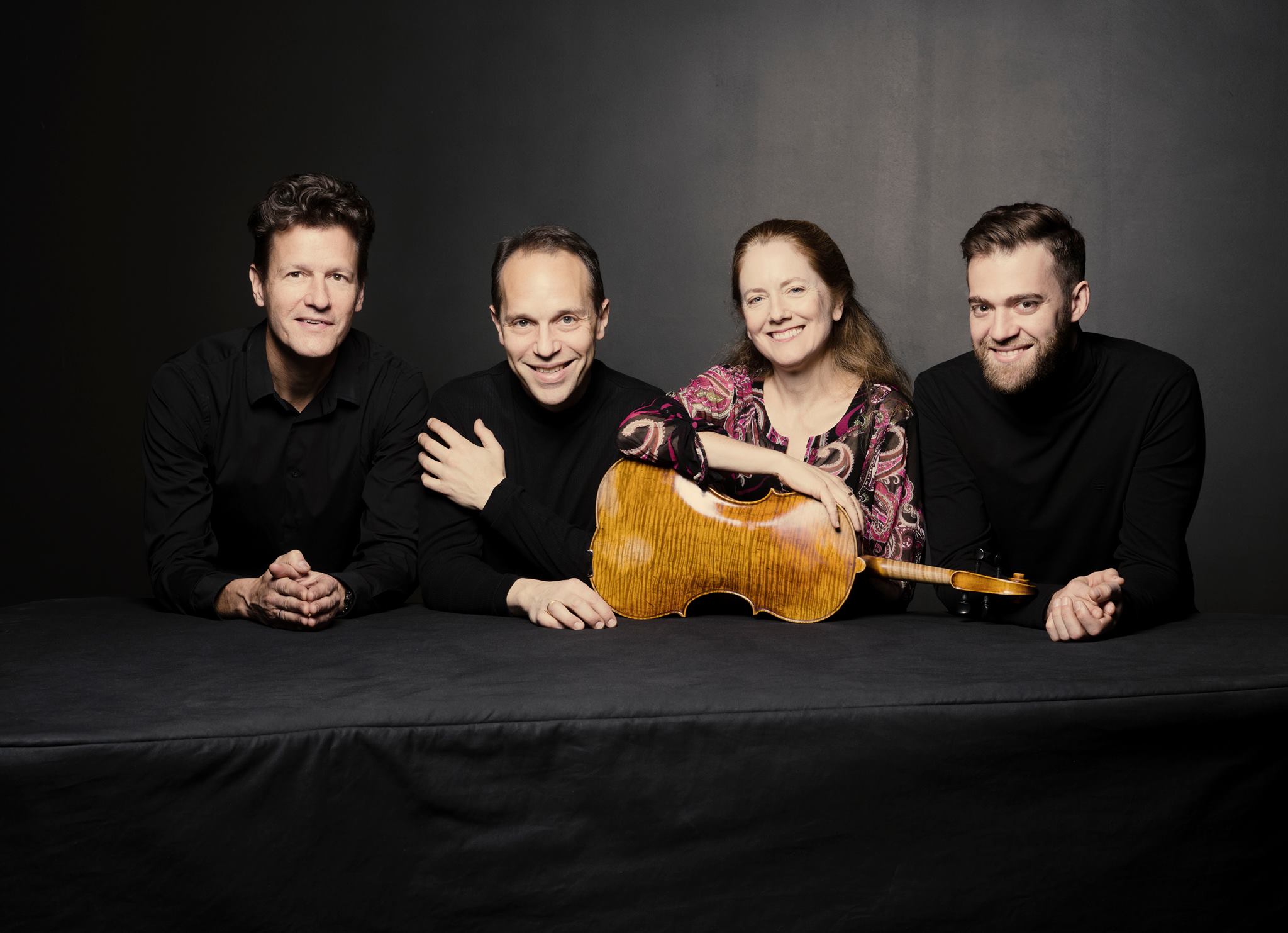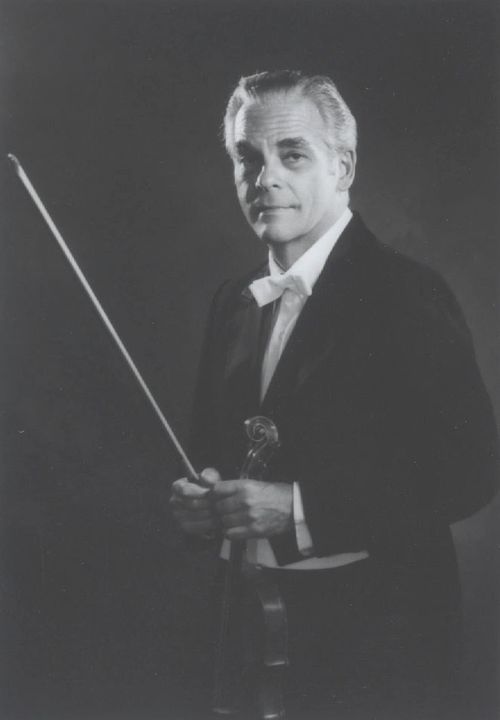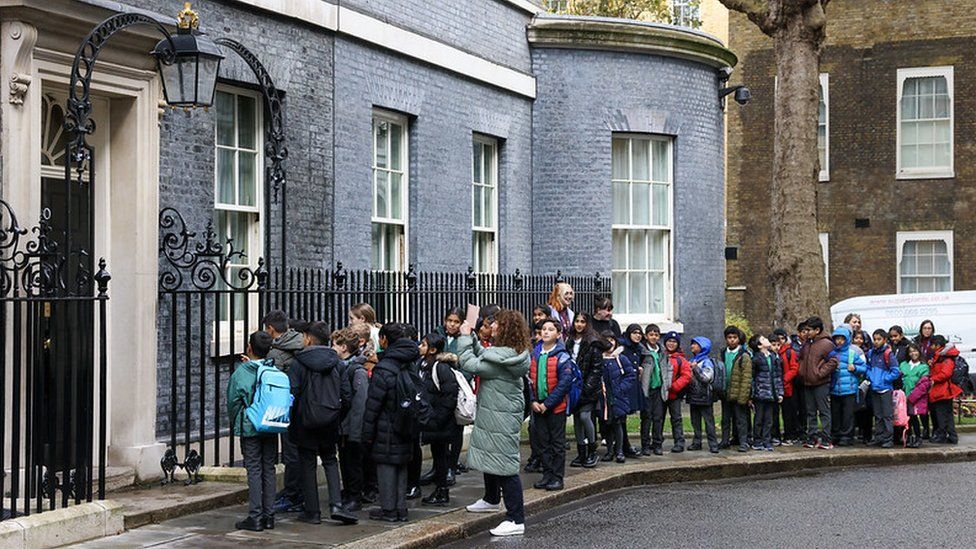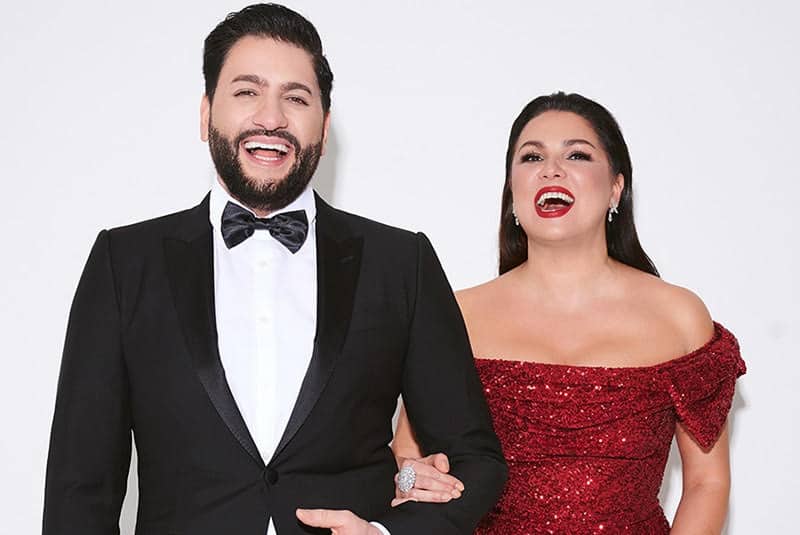How do you say opera in Maori?
OperaNew Zealand Opera is doing its best.
Press release:
Kia hiwa rā, kia hiwa rā!
New Zealand Opera is proud to announce the inaugural New Opera Forum, to be held at the Gallagher Performing Arts Academy, Te Whare Wānanga o Waikato, Waikato University, from 22nd to 26th of April 2024.
The New Opera Forum creates a space for story-telling creatives in Aotearoa to gather together and consider the essential steps required before starting new opera projects. We invite expressions of interest from music-based and text-based storytellers to participate in this week-long wānanga, where we will collectively explore the mechanics of opera.
No solutions will be prescribed as to what constitutes successful new opera works; consciousness will however be brought to the questions that need asking in order for artists to enjoy a collaborative and sustainable creative process, giving new opera works the greatest chance of success and long life.
International creatives, composer Jonathan Dove and librettist Alasdair Middleton, will join reo Māori expert and classically trained opera singer Kawiti Waetford as mentors for this week-long residency.
Jonathan Dove is one of the most performed living opera composers of our time, with more than thirty operatic works to his name. His comic opera Flight has had more than thirty productions throughout Europe, the USA and Australia, while his television opera When She Died was seen by more than 2.5 million people worldwide.
Playwright and librettist Alasdair Middleton is internationally renowned, and has received commissions from the Royal Opera House, Opera North and the Berlin Philharmonic. Middleton has worked in opera, dance and theatre and brings a significant wealth of knowledge in writing across various different forms.
Both Dove and Middleton have also worked extensively in initiatives that combine professional and community-based musicians, and bring a particular expertise in working alongside groups with different abilities and from different contexts.
“Ko au te whenua, te whenua ko au – I am the land, the land is me.” For NZ Opera, our relationship with Te Ao Māori is a crucial and evolving one. Any forum about opera composed from this land must contain voices and perspectives from Te Ao Māori. We are incredibly fortunate to welcome Kawiti Waetford, a seasoned reo Māori expert and classically trained opera singer from Ngāti Hine, Ngātiwai, Ngāti Rangi, and Ngāpuhi descent. Kawiti not only brings his remarkable talents to this forum but also serves as a bridge, connecting the worlds of Māori culture, language, and traditions with the realm of opera.
The forum will also invite NZ and International artists and arts administrators to contribute to individual sessions, providing insights into the realities of bringing new works to the stage, and whose work talks to themes of collaboration, working cross-culturally, and who can offer perspectives from across a range of genres.
A participation fee of NZD $499 for the week-long residency; morning tea, lunch and afternoon tea will be provided. Four full scholarships will be made available for artists for whom cost is a barrier.
NZ Opera would like to acknowledge the generosity and support of Te Whare Wānanga o Waikato, Waikato University, and their support of this new initiative.
Expressions of interest to attend are welcomed by emailing Kaiwhakahaere Whai Wāhi, Participation Manager Frances Moore at participation@nzopera.co.nz
Nāu te rourou, nāku te rourou, ka ora ai te iwi.






By now it has become standard practice in Aotearoa New Zealand (an appellation in common use there) to include Maori words and phrases in English-language articles, announcements, and the like. Maori is now an official language in the country, and Maoris are estimated to be roughly 17 percent of the population.
Well, there’s a potential alternative “Ring” cycle in it if you think about it – look at the fundamental legends [link to research paper below]:
1. the story of the creation of the world, including the gods, natural phenomena and human beings (subsumed in Grey’s collection under the title ‘The Children of Heaven and Earth’ so the opposite of Gotterdamerung, I suppose but no less complex) ;
2. the Maui cycle, plus the associated stories of Hinauri,
Rupe, Tinirau and their descendants (sort of like Parsifal, no ? );
3. the Tawhaki cycle, plus the associated stories of Rata and
his descendants (Siegfried, I would say);
4. the migrations of the ancestors of the Maori people from
Hawaiki to Aotearoa (Lohengrin-like ?).
Matariki could be the Tannhauser parallel. Kapa haka choruses would be fantastic for each of them, actually.
(see https://ojs.victoria.ac.nz/jnzs/article/download/339/263)